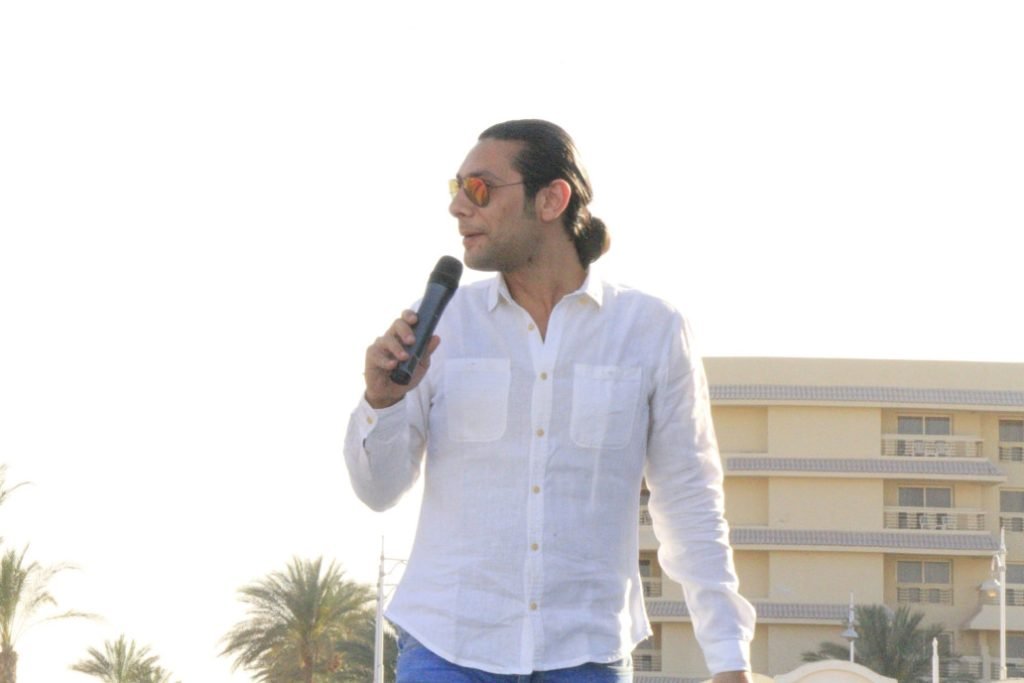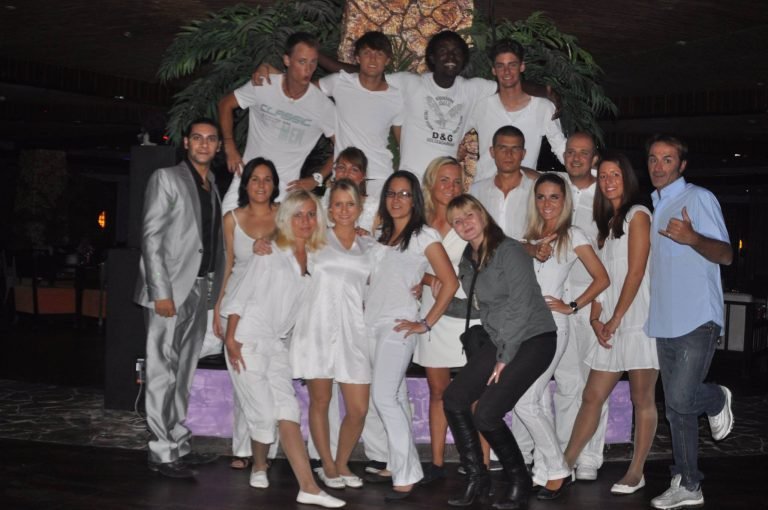
History shows that development often comes with a hidden price. In the United States, hip-hop was born from block parties and street cyphers, raw storytelling from communities pushed to the margins. As the culture went global, the beats stayed, but the grit faded. The mainstream began to prefer rap that came dressed in designer labels and private jets, even when the lyrics still claimed to be from the streets.
In South Africa, township fashion, once a necessity-driven style of repurposing second-hand clothes into bold, creative statements, is now a curated aesthetic featured in glossy magazines and curated Instagram feeds. The origin stories get polished, the rough edges sanded away, until only the marketable version remains.
Nigeria is not exempt.
We love the story of Nigeria’s rise: the aesthetic, the shiny malls, the Afrobeat takeover, the Lagos Fashion Week runways. But the uncomfortable truth is that, in chasing the glow-up, we’re quietly erasing the raw, unfiltered realities that once shaped our culture. We’re not just building bridges and towers; we’re building walls between who we are and who we pretend to be.
There was a time when our biggest music stars broke out from the ghetto. You could hear the grit in their sound, the urgency in their hustle, the authenticity in their fashion; not because it was styled that way for a music video, but because that was life. The streets were part of the origin story.
Those streets still exist, but on the internet, they’re being rewritten. Social media has dressed poverty in filters and nostalgia, creating a new kind of delusion. I stumbled on a TikTok of a woman showing the real, unfiltered day of her family. No ring lights. No curated plates of food. Just a home, small and lived-in, with all the rawness and beauty of what some of us now casually call the trenches.
Here’s the thing: most Nigerians know that life. Even if we didn’t live it full-time, we visited it on weekends at a cousin’s place, or saw it on our street every day. But online, that reality is being reframed as the trenches, like it’s some alien concept, not the country’s baseline.
Brands market aspirational lifestyles. Influencers crop out the rough edges. Even in our entertainment industries—music, fashion, film—the mainstream spotlight skips over those who can’t already afford the polished entry ticket. Development, in this sense, is not about uplifting the bottom; it’s about making the bottom invisible.
We’ve traded raw storytelling for the illusion of universal comfort. Our stars wear street fashion, but it’s styled by luxury brands. We talk about grass to grace, but start the story at a semi-detached duplex. And so, a generation is growing up thinking that poverty is either a choice, a failure, or an outdated relic, when in reality, it’s still one of our most widespread social conditions.
And this is where the cost of development becomes cultural. Development, the way we’re currently experiencing it, rewards polish. It amplifies the already privileged. In the entertainment industry, it’s no longer enough to be talented and from the streets; you also need to have the resources to present yourself as already halfway there. The ghetto still produces geniuses, but the mainstream rarely sees it unless it’s wrapped in the right package.
This is dangerous for two reasons: We lose authenticity. Our stories flatten into a single, aspirational narrative. Everyone’s journey looks like a luxury campaign, even when that’s not the truth. We lose urgency. If the trenches are hidden from view, the need to address poverty feels less pressing. Music, fashion and film were once our most honest mirrors. They reflected both the shine and the shadows. They told the story of a country that could birth style from scarcity, rhythm from chaos. Today, they risk becoming mood boards for a Nigeria that exists only on the timeline.
Progress is good. But progress that sanitises the past and the present is a problem. If we want development that’s worth the cost, we need to keep the full picture in view: the beauty, the struggle, the contradictions. Because if we only remember the gloss, we’ll forget what it took to get here, and we might start believing the mirage is the whole truth.
***
Featured Image by Gustavo Fring for Pexels
The post Osasogie Omoigui: Is Nigeria’s Glow-Up Costing Us the Truth? appeared first on BellaNaija – Showcasing Africa to the world. Read today!.
History shows that development often comes with a hidden price. In the United States, hip-hop was born from block parties and street cyphers, raw storytelling from communities pushed to the margins. As the culture went global, the beats stayed, but the grit faded. The mainstream began to prefer rap that came dressed in designer labels
The post Osasogie Omoigui: Is Nigeria’s Glow-Up Costing Us the Truth? appeared first on BellaNaija – Showcasing Africa to the world. Read today!. Read More



